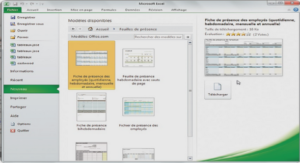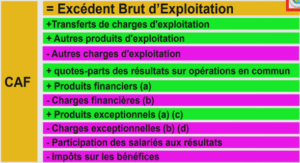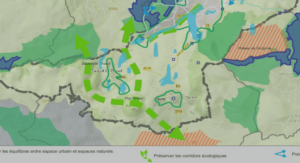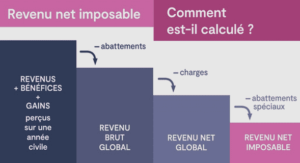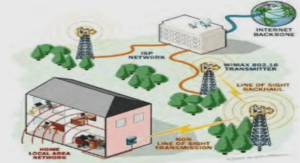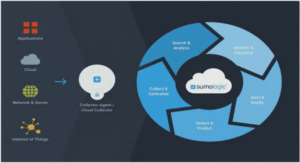Media Guide to Covering Agro-Ecology and Food Sovereignty
FOOD AT A CROSSROADS
The costs of industrial agriculture, factory farming and junk food are becoming increasingly apparent, prompting a search for sustainable alternatives to (the food) business as usual The world of food is at a crossroads. The UN Food and Agriculture Organization predicts that the world will need to increase food production by 70 percent by 2050 to keep pace with expected population increase and rising living standards in rapidly developing countries. This will be no easy task, as arable land is reduced through land degradation and land productivity is impacted by climate change. Options for increasing food production seem to be already limited, with extensive agriculture blamed for deforestation an intensive farming responsible for chemical contamination of soil, water, air and biological organisms – including people. Meanwhile, the globe is bifurcating into a world of obese haves and malnourished have-nots, with the global middle replacing traditional diets with a menu of processed and nutritionally deplete “foodlike substances,”
Few seem to be arguing for a continuation of either forest-hungry agricultural expansion or more chemical contamination of farmland, though in practice these approaches are still spreading. In fact, the direction of agricultural science and technology is now under great scrutiny. International scientific assessments have demonstrated the increasing global footprint of agriculture, including its contribution to climate change (IPCC, 2007; Millennium Ecosystem Assessment, 2005), while nongovernmental organizations and scientists have long called for radical changes in this field (Union of Concerned Scientists, 1996; Food Ethic Council, 2004; European Science Social Forum Network, 2005). Perhaps most influentially, the International Assessment of Agricultural Science and Technology for Development in 2008 officially called for a reorientation of agricultural science and technology towards more holistic approaches, after a 4-year process that involved over 400 international experts (IAASTD, 2008). This panel has already been compared to the Intergovernmental Panel on Climate Change, both for the quality of its governance and the importance of its recommendations, which are straightforward:



